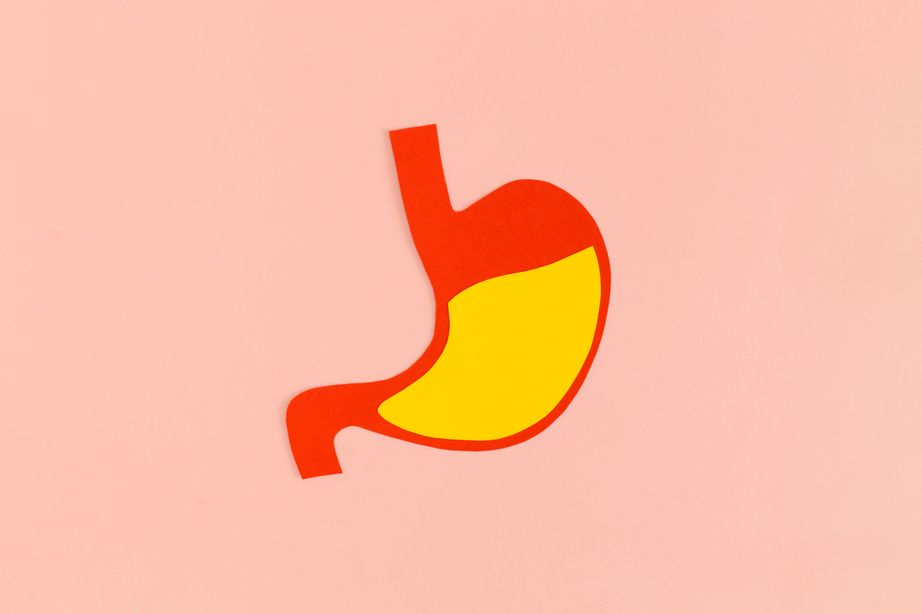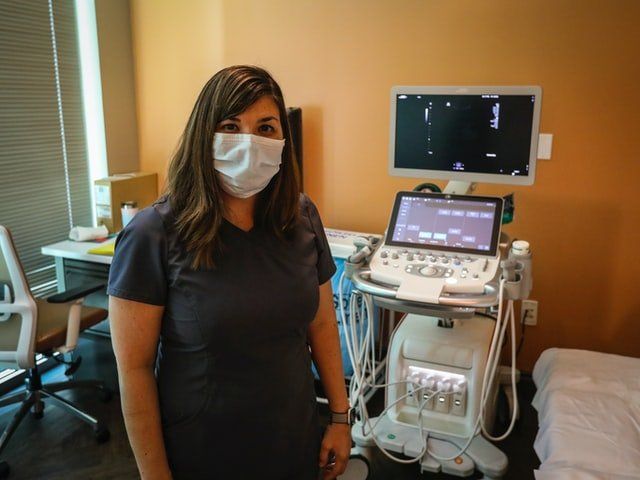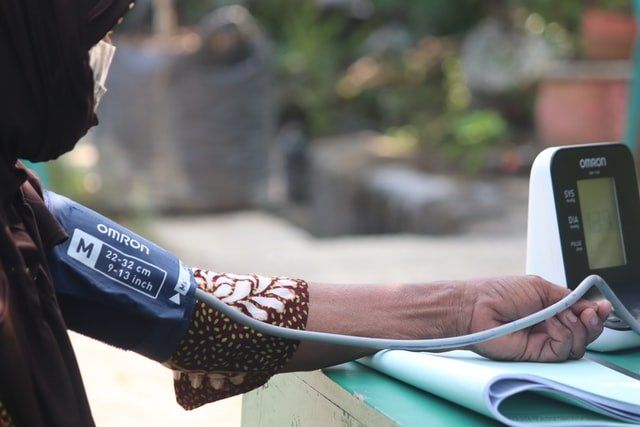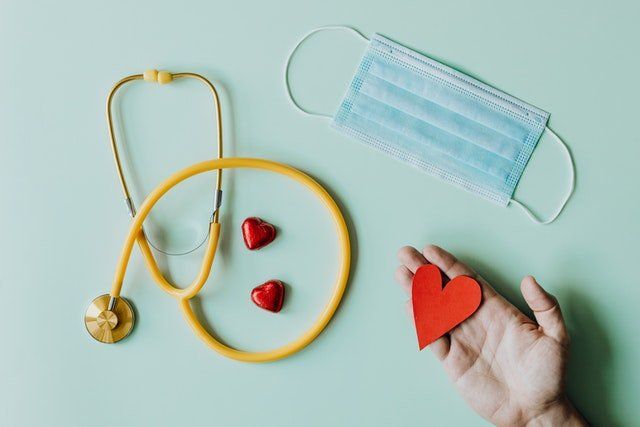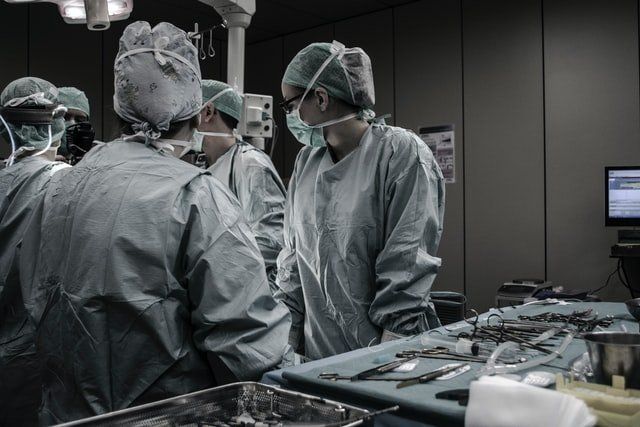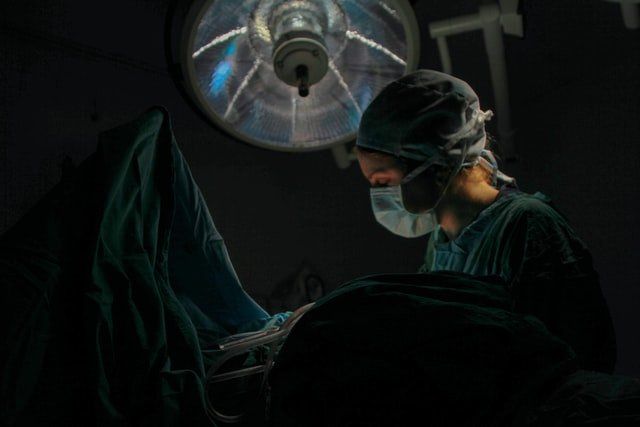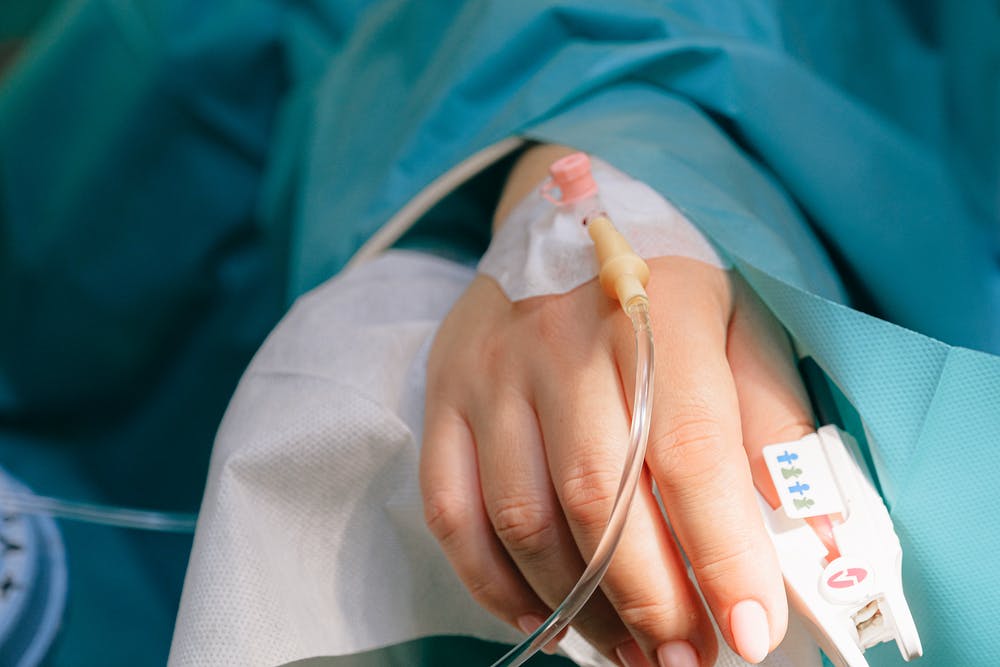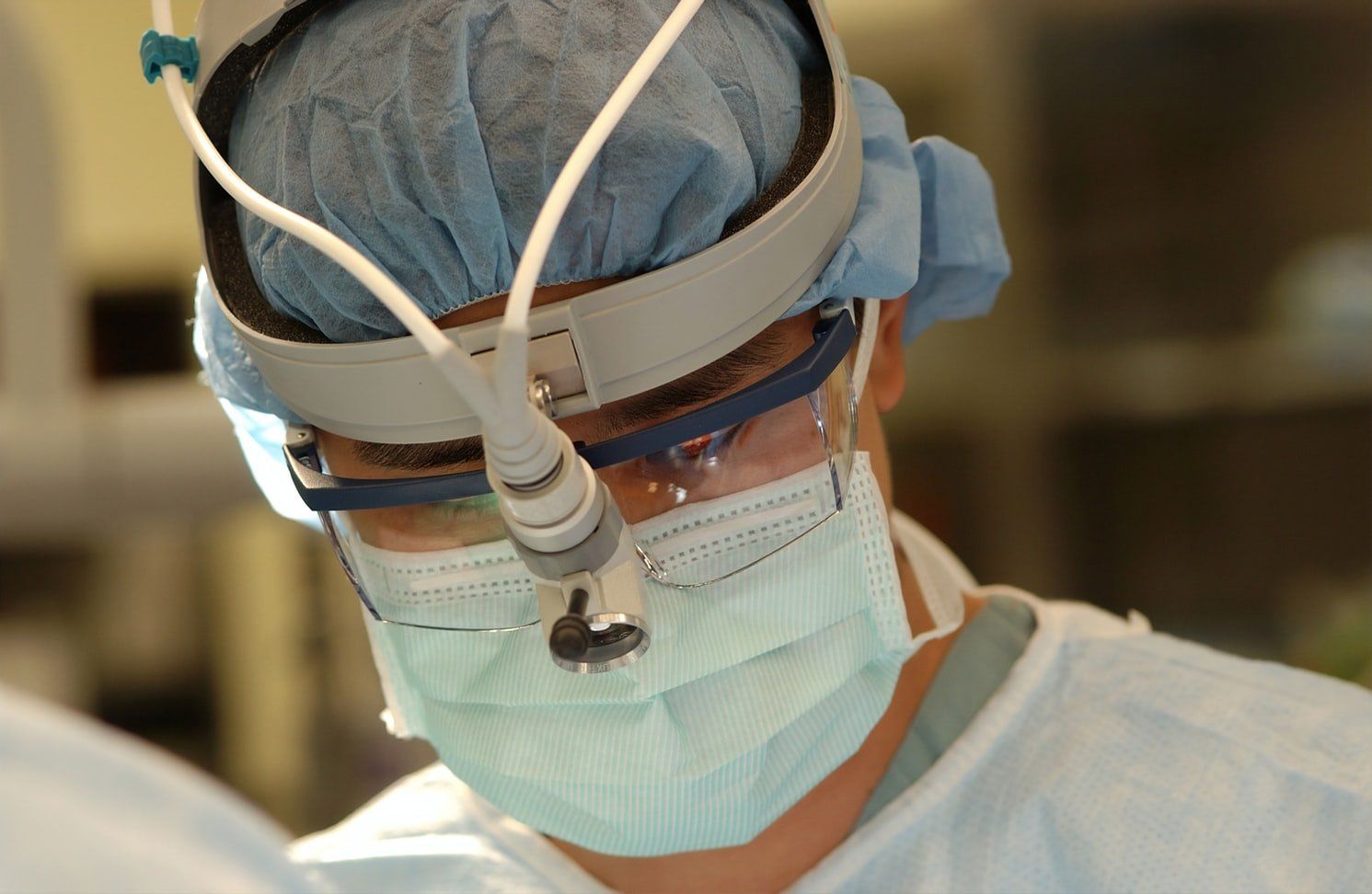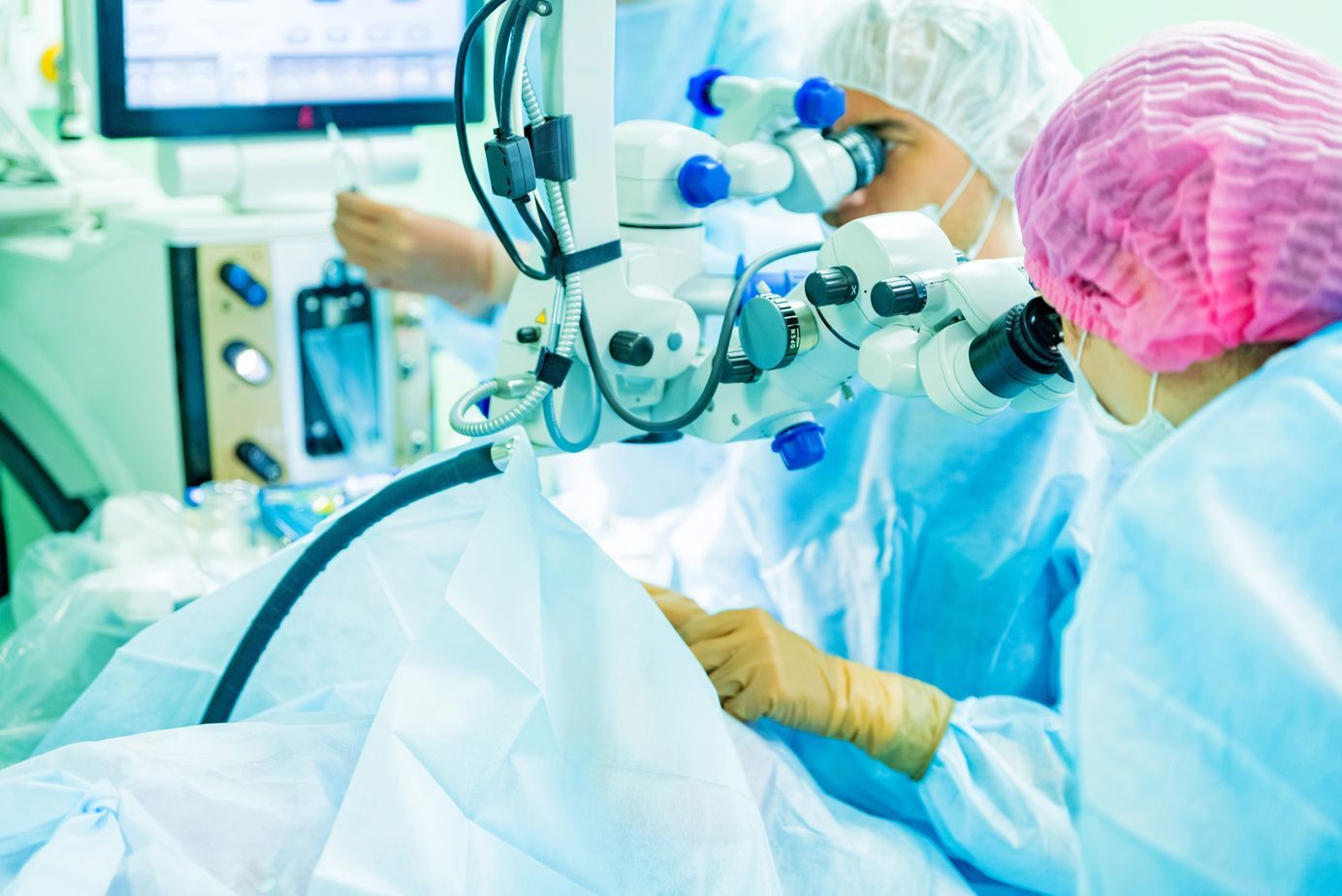What Is ERCP (Endoscopic Retrograde Cholangiopancreatography)?
So, your doctor has recommended ERCP, and you do not know what to do. First, you need not panic. ERCP is a standard procedure used to either diagnose or treat a certain problem. If you need to go through this procedure, the best thing you can do is learn what you can about it.
Read on to find out everything you need to know about ERCP.
What Is ERCP?
ERCP means endoscopic retrograde cholangiopancreatography. It is a procedure used to diagnose or treat problems like pancreatitis, gallstones, pancreatic cancer, and other similar conditions. Think of it as an endoscopic ultrasound for the pancreas and other internal organs. The whole process happens by using an endoscope and x-ray. It can seem worrisome, but it is perfectly tolerable.
The procedure uses the endoscope (a flexible tube) and puts it down one's throat up to their esophagus. That tube contains a camera at the end, which allows the doctor to see the status of the patient's esophagus and even their stomach and small intestine.
How Is ERCP Performed?
You do not have to worry if your doctor says you need ERCP. This procedure usually lasts for only one to two hours, and then you can go home straight away. It is an outpatient procedure that you need not worry too much about. Take note that you will be injected with anesthesia to keep you calm throughout. You will be wide awake, but thanks to the anesthesia, you will not feel anything.
If you are scheduled for ERCP, make sure that someone accompanies you to the procedure so you do not have to go home alone, feeling the after-effects of the anesthesia.
Here is what you should expect to experience:
- The doctor will numb your throat using an anesthetic spray.
- Once your throat is numb, they insert the endoscope into your mouth and guide it until the camera reaches its target location.
- Inside, your body is highly moist, so your doctor would need to pump air to reduce the cloudiness and see your organs better.
- They will then slide a catheter, another tube where the special dye will be injected until it reaches the bile and pancreatic ducts.
- At this point, your doctor can check for signs of problems or blockages.
- The whole process is recorded in a video for later reference.
Note:
The endoscope is also where your doctor will insert other small instruments that they would use for other purposes, should it be necessary. These can remove the stones found inside your body, remove samples of tissue or tumors for biopsy, or place stents needed to open or block narrowed ducts.
What Should You Expect After ERCP?
Expect to feel nauseous and bloated right after the procedure. These are common after-effects of the anesthesia and the endoscopy, respectively. But you will only feel the symptoms for a short time, and after one day, you will be able to return to your normal activities.
Also, expect your throat to feel a little irritated after the procedure. It will feel sore for one to two days after the session. You can try eating softer foods to soothe your throat until the soreness stops.
Your diagnostic findings will come out in around two weeks.
Conclusion
If you are told that you need to come in for ERCP, do not be anxious. ERCP is a low-risk procedure that would help your doctor understand the real cause behind the health problem you are experiencing. Your doctor can finally tell you the findings and their recommended treatment options as soon as you get the results.
Are you looking for advanced and non-invasive endoscopy procedures in New Brunswick? Dr. Kahaleh is your best gastroenterologist in New Jersey and a world-renowned endoscopist. He is locally and internationally pioneering minimally invasive procedures involving therapeutic EUS, ESD, and POEM. He can also perform ERCP and
endoscopic ultrasound for the pancreas without a problem. Contact us to learn more about our services!

